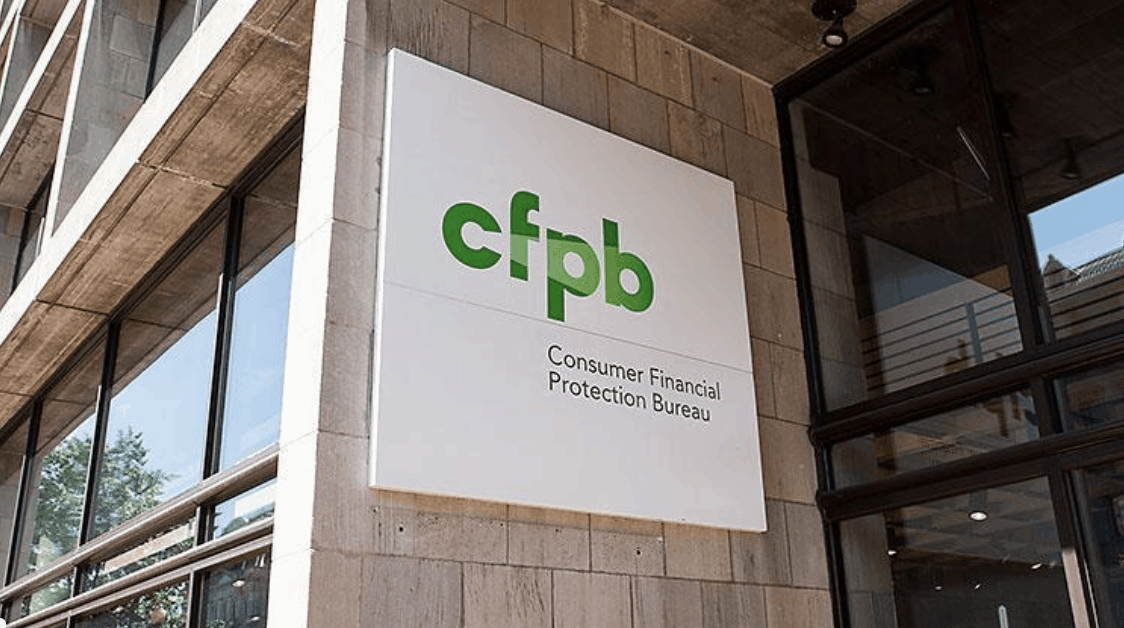CFPB Will Affect Debt Collections
As Rohit Chopra moves closer to confirmation as the new head of the Consumer Financial Protection Bureau (CFPB), the agency is already signaling that it will be more forceful in enforcement under the Biden administration.
While it remains to be seen how this will specifically affect the debt collections industry, it is likely that it will have the most dramatic impact since the CFPB made adjustments to the Fair Debt Collections Practices Act back in 2019.
As anyone in the industry will recall, these changes significantly impacted creditors in their ability to seek payment in a number of ways:
Calls per Week: The rule limits both the collectors’ and the lenders’ power to call their customers to ask for repayment. The collectors are now allowed only seven calls per week to ask for repayment. Once the numbers of calls are exhausted, the lenders will have to wait the entire week to make another call.
Email: While the telephone call power is curtailed, the rule is very open in allowing any form of electronic communication in terms of e-mail. Given that the average American spends about two hours a day checking their personal email, this constitutes an effective medium. However, there are still some restrictions. A creditor is bound to notify the borrower of the email communication and allow an opt-out right for 35 days before giving the address to a debt collector.
Oversight Responsibilities: The rule also entails that lenders now have an additional responsibility to oversee their debt collectors’ actions. This oversight includes ensuring that:
- The allowed forms of communications are occurring at convenient times.
- The warnings in the transmission are presented in all languages that are used for communication.
- Monitoring and ensuring the number of calls per week comply with the limit allowed according to the new rule.
- Ensuring that their debtors are safe from any form of harassment at the hands of collectors across all communication channels.
These changes were overwhelming to many in the industry, lenders that used data to guide decisions and rely on strict protocols fared far better. The same will hold true when navigating the imminent changes under a Chopra-led CFPB.
This requires the development of an infrastructure that is conducive to automation and data processing. Here at Dasceq, we use complex collection processes to make it simpler to influence customers to pay their debt. We use complex AI algorithms that are based on consumer behavior and provide actionable business intelligence that guides collections activities.
Concerned about how a more aggressive CFPB could affect your debt collections activities? We’d love to talk.

